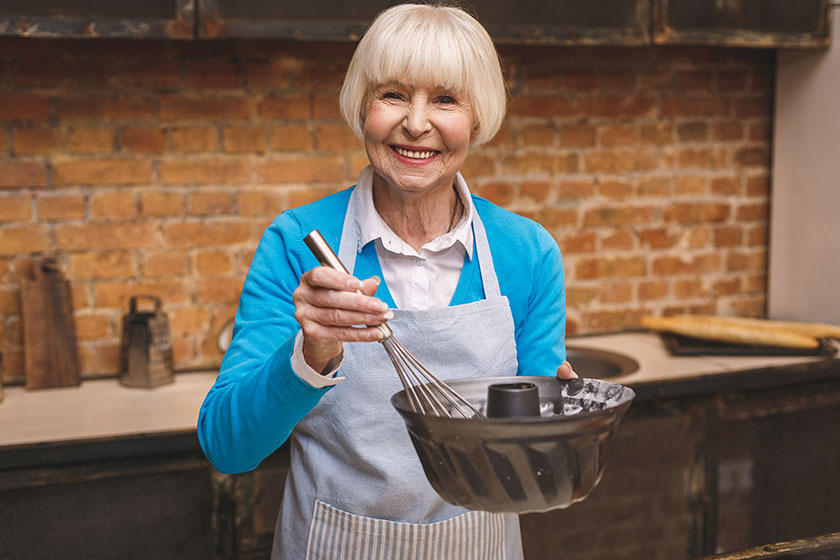Aging often leads to a gradual decline in hand coordination, making everyday tasks such as buttoning shirts or writing more difficult. Keeping hands strong, flexible, and coordinated plays a key role in helping seniors maintain their independence and continue enjoying their favorite activities. Fortunately, there are simple and practical methods to support hand strength and flexibility. Here are some valuable tips for maintaining manual dexterity in seniors and keeping hands agile for daily tasks and hobbies.
Try Hobbies That Involve Fine Motor Skills
Hobbies that require fine motor skills are not only enjoyable but also help maintain or improve manual dexterity. Activities like knitting, crocheting, painting, or playing a musical instrument involve repetitive hand movements that strengthen fingers and enhance hand-eye coordination.
If you’re looking for something new to try, consider origami or building models—both of which require precision and focus. These activities help keep your hands moving while also providing a sense of accomplishment and enjoyment.
Practice Handwriting and Lettering
Practicing handwriting can be a surprisingly effective way to improve manual dexterity in seniors. Writing by hand engages multiple muscles in the fingers, hand, and wrist, helping to enhance coordination and control.
To make it more fun, try learning calligraphy or practicing different lettering styles. If you enjoy writing letters or journaling, set aside time each day to practice. This not only improves hand strength but also keeps the mind active and engaged.
Incorporate Light Hand Weights
Using light hand weights or resistance bands during exercise can strengthen hand and wrist muscles, which are crucial for maintaining dexterity. Simple exercises such as wrist curls or squeezing a soft stress ball can increase grip strength and flexibility.
You can also try using therapy putty, which allows you to perform various hand-strengthening exercises by stretching and pulling the putty. These exercises are gentle yet effective, making them ideal for individuals looking to improve their hand strength without straining.
Play Brain-Boosting Games
Engaging in brain-boosting activities can also improve manual dexterity. Games like puzzles, crosswords, or card games involve both cognitive function and hand movements, which work together to enhance coordination.
Stay Physically Active
Overall physical activity has a positive impact on hand dexterity. Exercise improves blood circulation, which keeps muscles and joints in the hands and fingers flexible and strong. Even activities like walking, gardening, or yoga can help maintain the mobility and strength necessary for manual tasks.
Massage and Warm-Up Your Hands
Regularly massaging your hands can help alleviate stiffness and improve flexibility. Use your thumb to gently massage the palm of your hand in circular motions, working from the base of the hand to the fingertips. You can also soak your hands in warm water before exercising or performing tasks, as warmth increases circulation and loosens stiff joints.
Supporting Hand Strength and Coordination
Improving manual dexterity in seniors is achievable through consistent practice and engaging activities. In our retirement community, we provide a variety of programs, from hobbies that enhance fine motor skills to physical exercises that promote flexibility and hand strength. These activities help residents maintain independence and enjoy their daily routines.
Our team focuses on creating personalized care plans that address each resident’s physical needs, offering support for tasks that require dexterity. If you’re interested in learning more about how we can assist with hand coordination, contact us today.







